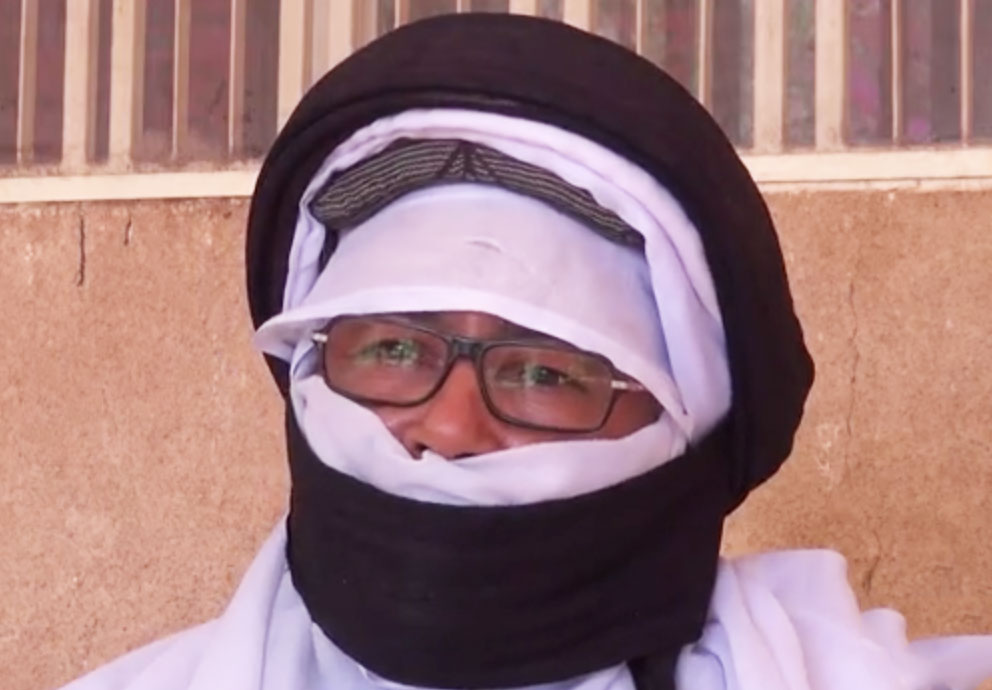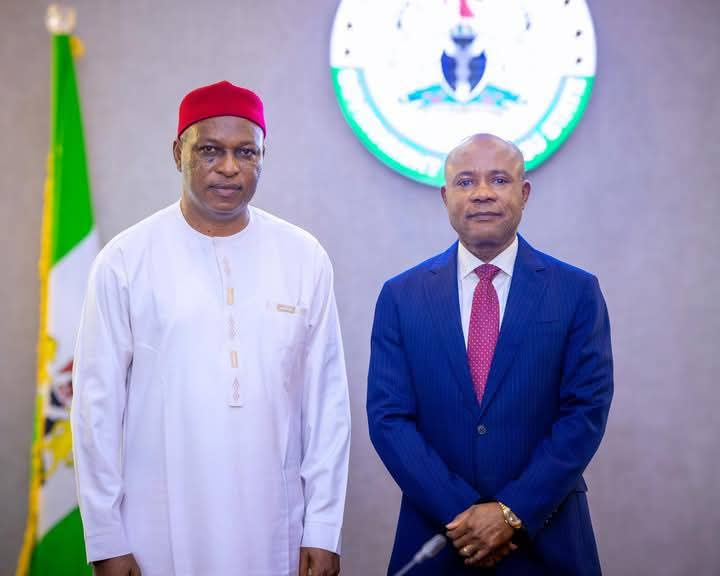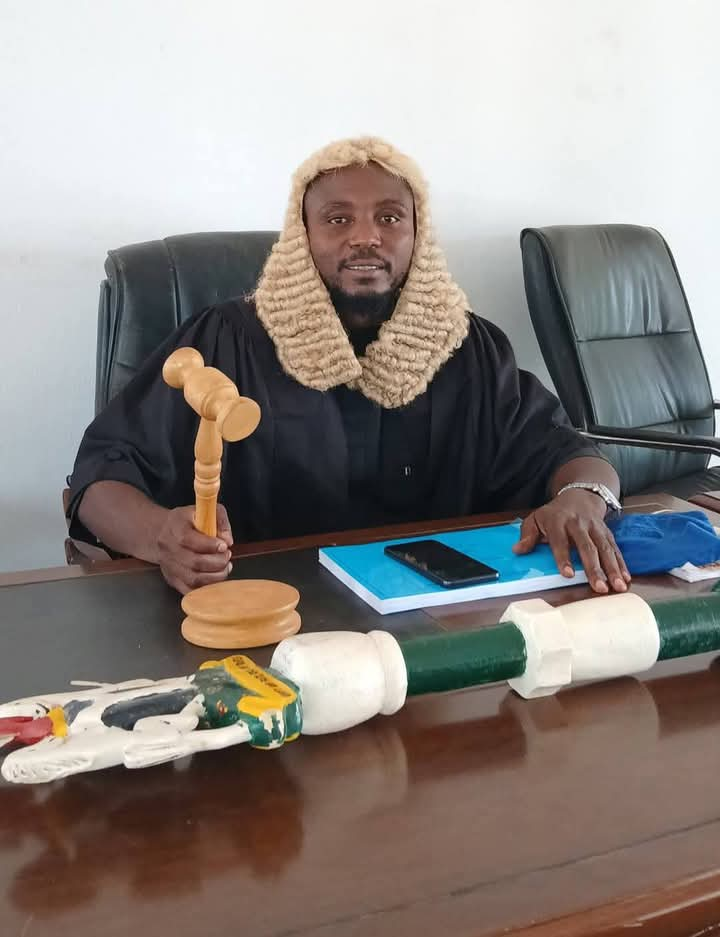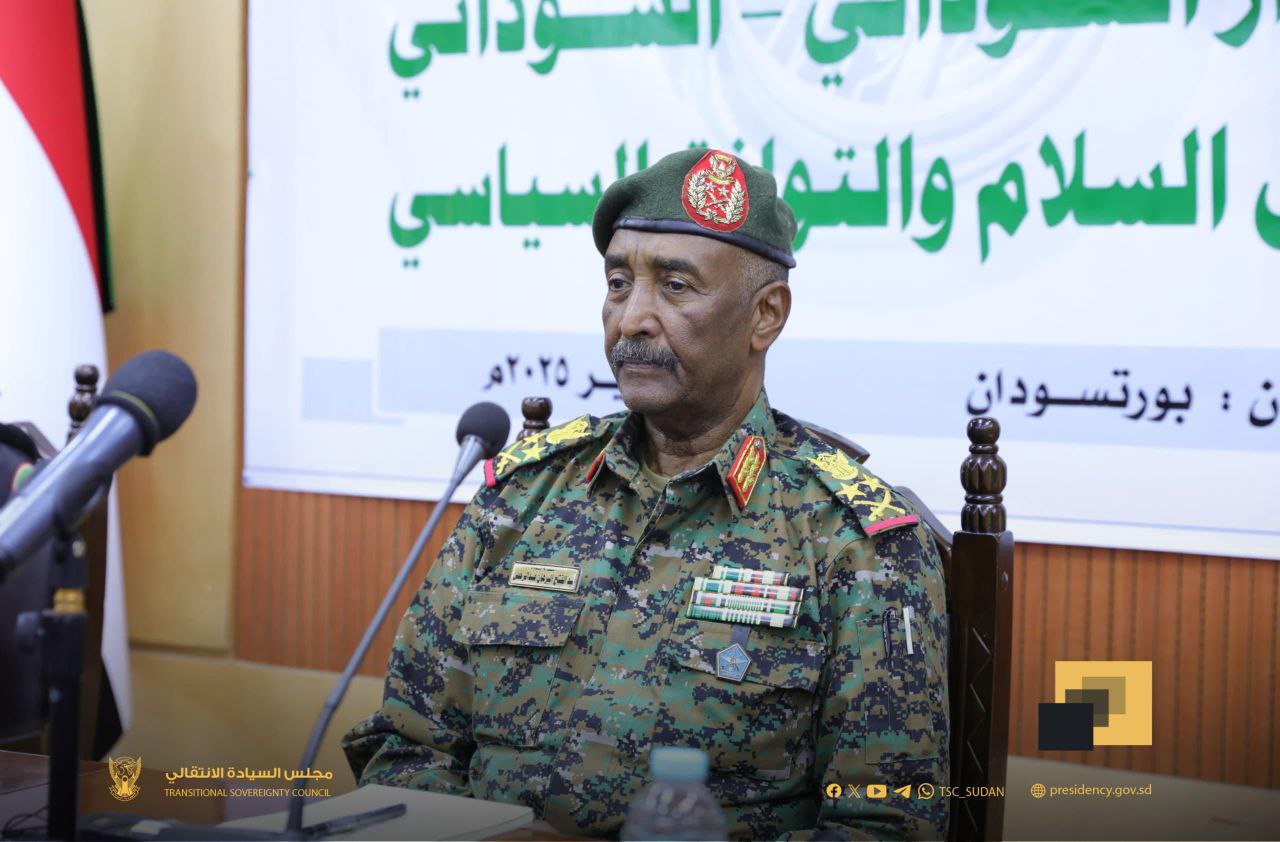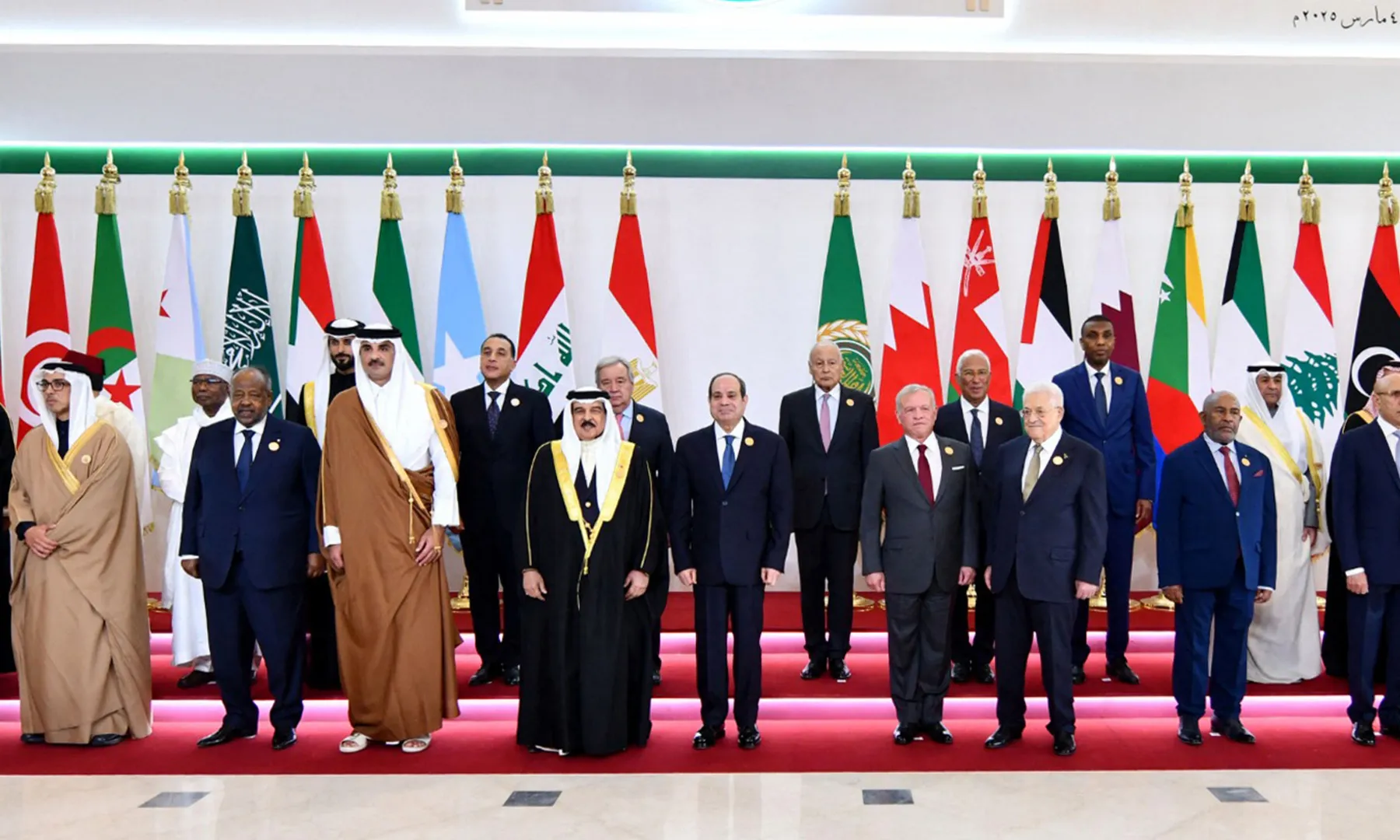Niger Republic is witnessing its first signs of internal opposition to the military government that came to power through a coup on July 26.
An alleged former rebel leader turned politician, Rhissa Ag Boula, has initiated a movement called the Council of Resistance for the Republic (CRR) to challenge the army’s control. This movement marks the onset of domestic resistance against military rule in the strategically crucial Sahel country.
Ag Boula’s declaration, made through a statement on Wednesday, outlined the primary goal of the Council of Resistance for the Republic—to reinstate the ousted President Mohamed Bazoum.
Following the coup, President Bazoum has been placed under house arrest. The statement lamented the current state of Niger and pointed fingers at those who were meant to safeguard the nation.
Diplomatic endeavours aimed at reversing the coup have hit an impasse as the military government rebuffed the latest diplomatic mission from both the African Union and the Economic Community of West African States (ECOWAS).
The African and United Nations envoys were denied entry on Tuesday, a move that heightened tensions ahead of an upcoming ECOWAS summit where the use of force might be discussed.
Ag Boula’s statement expressed support for ECOWAS and any other international actors striving to restore constitutional order in Niger. The movement even pledged to collaborate with the regional bloc for any constructive purpose. While the extent of the movement’s support remains uncertain, its emergence is causing concern among coup leaders due to Ag Boula’s influential status among the Tuaregs.
Rhissa Ag Boula had played a significant role in the Tuareg uprisings during the 1990s and 2000s, representing a nomadic ethnic group situated in Niger’s desert north. Alongside other former rebels, he had been integrated into the government under the leadership of both President Bazoum and his predecessor, Mahamadou Issoufou.
While the precise scale of the CRR’s backing remains unclear, its potential alignment with the Tuareg population holds significant implications. The Tuaregs exert considerable influence over commerce and politics in much of Niger’s expansive northern region. Their support could be pivotal in determining the military government’s control over territories beyond the capital city of Niamey.
As the nascent Council of Resistance for the Republic gains traction and shapes the political discourse in Niger, the nation’s fate hangs in the balance. The movement’s foundation by a former rebel leader turned politician signifies the deep-rooted complexities and challenges faced by the country in its journey towards stability and democratic governance.
